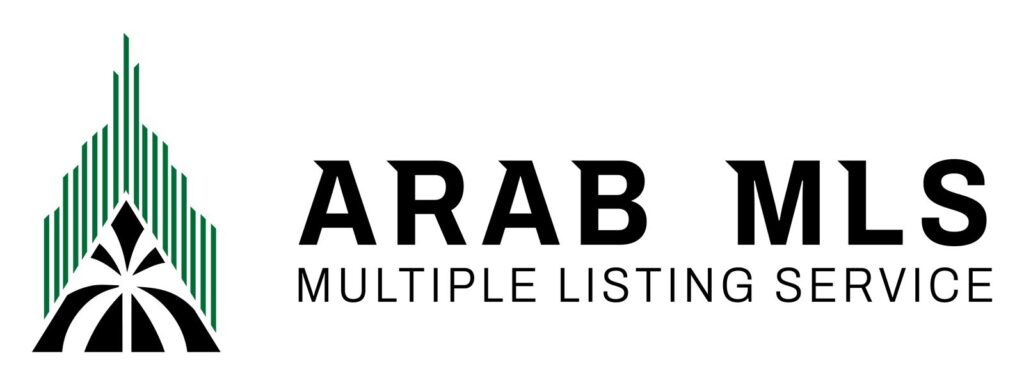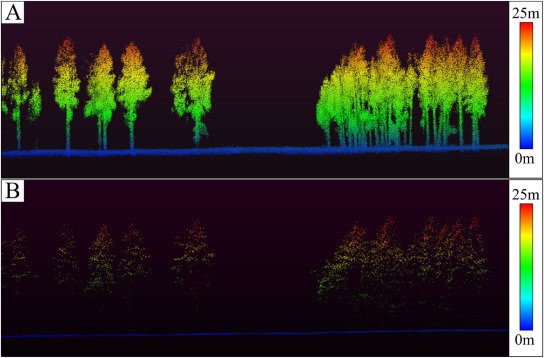In today’s digital real estate landscape, content is more than just a marketing tool—it is intellectual property. Every photograph, listing description, and virtual tour hosted on a Multiple Listing Service (MLS) platform carries with it not only marketing value but also legal implications. Understanding how to handle copyright issues surrounding MLS content is crucial for brokers, agents, and even tech vendors who distribute listings across the web.
Table of Contents
ToggleAs real estate data circulates across syndication platforms, websites, and mobile apps, disputes over ownership, unauthorized use, and licensing of photos and content have become increasingly common. For professionals who rely on visual appeal and compelling descriptions to close deals, knowing who holds the rights to MLS content is not just about legal compliance—it’s about protecting creative assets and brand integrity.
Who Owns MLS Listing Photos and Descriptions?
Ownership of MLS content typically starts with the creator. The photographer who captures the images, or the agent who writes the description, is usually the original copyright holder unless a legal agreement states otherwise. In many cases, real estate agents hire photographers on a work-for-hire basis, often assuming that the photos automatically belong to the agent or brokerage. However, this assumption can be risky.
Under U.S. copyright law, the photographer maintains the rights to the images unless there is a written contract transferring those rights. A license to use the photos may be implied or granted, but that license often has limits. For instance, the agreement may allow the agent to use the images only during the listing period or within a specific MLS. If a brokerage or an MLS repurposes those photos for another agent or relists the property with new representation, they may unintentionally infringe on the original photographer’s rights.
Listing descriptions pose a similar challenge. Although less frequently litigated, text content is also protected under copyright law. If a listing agent crafts a unique, detailed description and another party copies it word-for-word without permission, this could be considered a violation, regardless of whether the property is the same.

The Role of MLSs in Copyright Control
MLS organizations play a pivotal role in managing copyright rights, as they serve as the central repository for all listing content. Most MLSs require participating brokers and agents to assign certain rights upon submission of content. These rights typically include the ability to display, reproduce, and distribute the listing across MLS feeds, third-party portals, and IDX (Internet Data Exchange) websites.
However, the scope of that license varies depending on the MLS’s governing documents. Some MLSs may require a full assignment of copyright, essentially taking ownership of the content and licensing it back to the contributor. Others operate under a more balanced model where contributors retain ownership but grant the MLS broad usage rights. This distinction matters greatly in the event of content misuse or legal disputes.
For agents and brokers, it’s essential to review the MLS’s terms of use and understand what rights they are granting upon submitting a listing. Blindly uploading photos without checking licensing agreements can lead to unintended consequences, especially when syndicated content appears on international platforms or in unauthorized contexts.
Third-Party Syndication and Content Misuse
When MLS content is syndicated to third-party sites like Zillow, Realtor.com, or global property portals, another layer of complexity emerges. These platforms often have their content policies, which can conflict with MLS rules or photographer agreements. For example, a site may archive old listings or continue displaying content even after a property is sold or removed from the MLS, sometimes without the original contributor’s consent.
In some cases, listing photos are scraped and reused by unrelated parties, such as rental scammers or unauthorized listing services, leading to reputational damage and potential liability. Agents may find their images reused in fake listings or, worse, assigned to entirely different properties.
To mitigate this risk, real estate professionals should work with photographers under contracts that clearly define ownership, licensing duration, and permitted platforms. Watermarking images and monitoring unauthorized use through reverse image search tools can also provide some level of protection.
MLSs, too, can help by enforcing strict content access controls and syndication agreements. Limiting content distribution only to trusted, verified partners and requiring content takedown upon request are best practices that responsible MLSs should implement.
Best Practices for Content Licensing in Real Estate
Protecting listing content requires more than awareness—it demands intentional action. For photography, agents should secure written agreements that explicitly transfer either full copyright or a broad, irrevocable license to use and distribute the images for real estate marketing purposes. These contracts should cover all intended uses, including MLS uploads, social media marketing, print materials, and third-party syndication.
Brokerages may go a step further by negotiating blanket agreements with preferred photographers or agencies. This centralizes control and ensures consistency in rights across all listings. It also simplifies compliance for agents and reduces the risk of accidental infringement.
When it comes to written descriptions, the same principles apply. Original content should be created for each listing, and copying or duplicating descriptions from other agents or websites should be avoided. Plagiarism—even if unintentional—can damage professional credibility and violate copyright laws.
Brokerage firms and MLS operators should also consider offering educational sessions on intellectual property rights. Many real estate professionals simply lack legal training and may not understand the implications of content reuse or distribution without proper licensing. Building awareness at the grassroots level helps protect the entire industry from legal pitfalls.
Copyright Disputes and Enforcement Challenges
When copyright disputes arise in real estate, they can escalate quickly. Photographers may issue takedown requests or send cease-and-desist letters, often backed by licensing agencies or attorneys. In extreme cases, lawsuits are filed, and damages are sought based on unauthorized reproduction or continued use after termination of the license.
Defending against these claims can be both expensive and reputation-damaging. Even if the infringement was unintentional or the result of a misunderstanding, the legal system tends to favor clear documentation. That’s why having signed contracts, dated usage permissions, and documented syndication paths is vital for both MLSs and their participants.
Enforcement, however, is not always straightforward. Policing unauthorized use of content on the internet is resource-intensive. Many MLSs rely on automated systems to track and trace image use, but these tools are not infallible. Sometimes, infringing parties operate from outside jurisdictions, making legal recourse difficult or costly to pursue.
Still, proactive measures—like including licensing metadata within image files and using copyright notices on listing pages—can discourage misuse and provide additional legal standing if issues arise.

The Future of MLS Content Rights
As the industry becomes more data-driven and content-heavy, copyright issues will only grow in importance. New technologies such as AI-generated content, 3D virtual tours, and drone photography add even more dimensions to the conversation. MLS platforms must adapt their governance structures to address these advancements, and real estate professionals must keep pace with evolving standards.
One promising development is the emergence of standardized content licensing models within major MLS networks. These frameworks can offer a uniform approach to rights management, giving clarity to agents, photographers, and vendors alike. Moreover, legal tech solutions may soon offer automated copyright registration or licensing verification, simplifying the process even further.
Ultimately, the path forward lies in greater transparency, stronger contracts, and a shared commitment to ethical content use. MLS participants who understand the value of their content—and the legal protections surrounding it—are better positioned to market their listings effectively while minimizing risk.
Respecting Rights to Build Trust and Value
Copyright concerns in MLS environments are not just legal nuances—they are foundational to maintaining trust, fairness, and professionalism in the real estate industry. As listings are increasingly shared, syndicated, and repurposed, it becomes critical to treat all content as protected property.
For agents, brokers, and MLS operators, understanding who owns listing photos and descriptions—and how they may be legally used—can prevent costly disputes and safeguard creative investment. Through proper licensing agreements, clear policies, and responsible content distribution, the real estate community can foster a culture that respects intellectual property and enhances the quality of service provided to buyers and sellers alike.
8 Frequently Asked Questions (FAQs)
1. Who owns the copyright of MLS listing photos?
Typically, the photographer who captures the images owns the copyright unless a written agreement transfers the rights to the agent or brokerage.
2. Can agents reuse listing photos from previous sales?
Only with the photographer’s permission or if the agent holds a license allowing reuse. Otherwise, reusing them may constitute infringement.
3. Are listing descriptions protected by copyright law?
Yes. Original descriptions written by an agent are considered intellectual property and protected under copyright legislation.
4. What should be included in a content licensing agreement?
It should define ownership rights, usage scope, duration, and platforms where the content can be used, including MLS and syndication sites.
5. Is copying photos from another listing legal if it’s the same property?
No. Even if the property is the same, the content belongs to the original creator unless the rights have been lawfully obtained.
6. Can MLSs claim ownership of submitted listing content?
Some MLSs require contributors to assign usage rights or even full copyright, depending on their terms of service and participation agreement.
7. How can agents protect their photos from being misused online?
By using watermarking, signing clear contracts, and monitoring online usage with reverse image search or digital rights tools.
8. What are the risks of using unlicensed content in a listing?
Agents or brokerages may face copyright claims, legal penalties, takedown notices, or reputational harm if they use content without permission.













